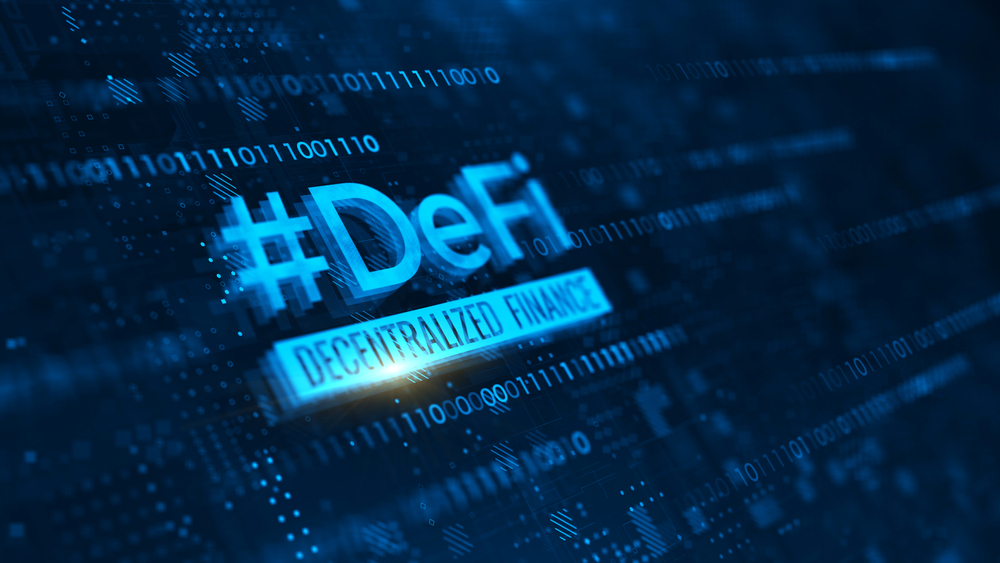The debate over financial privacy has intensified as traditional banking systems face growing criticism for failing to protect personal data. In an era of large-scale data breaches and intrusive surveillance, Americans are increasingly demanding the right to control their own financial information. Decentralized finance (DeFi) is emerging as a powerful alternative, offering solutions that give individuals direct authority over their assets and personal data.
The Privacy Problem in Traditional Finance
Banks, payment processors, and credit card companies collect vast amounts of personal and financial data, storing it on centralized servers that are frequent targets for hackers. Even when data remains secure, users often have little visibility into how their information is shared with third parties. Regulatory frameworks have struggled to keep pace with technology, leaving customers exposed to identity theft, unauthorized data sales, and surveillance.
The erosion of privacy is more than a technical flaw, it represents a loss of personal dignity and autonomy. As financial transactions become increasingly digital, the need for secure, user-controlled systems has never been greater.
How DeFi Protects Users
DeFi platforms operate on blockchain networks, using smart contracts to enable peer-to-peer transactions without intermediaries. Users retain control of their private keys, ensuring that only they can access their funds and transaction history. This decentralized structure removes the need to entrust sensitive data to banks or payment processors, drastically reducing the risk of data misuse or unauthorized surveillance.
Innovations such as zero-knowledge proofs and privacy-focused protocols add further protection by allowing transaction verification without revealing personal details. These tools give individuals the freedom to manage their finances securely, with transparency and without sacrificing privacy.
Takeaway
As centralized financial systems struggle to protect personal data, DeFi offers a viable path to privacy, autonomy, and control. By eliminating intermediaries and leveraging blockchain technology, decentralized finance empowers individuals to safeguard their assets and personal information, redefining what financial freedom means in the digital age.

